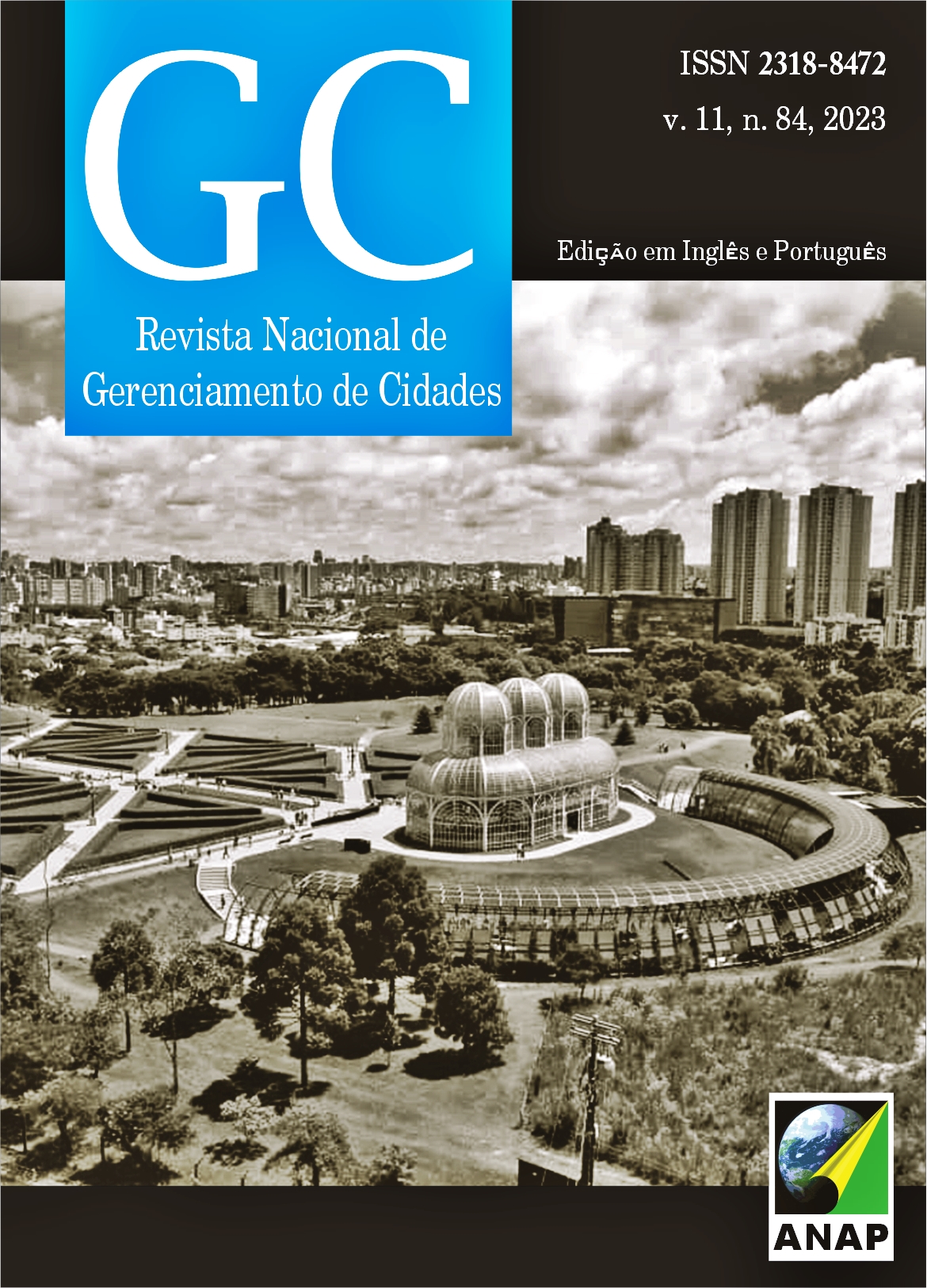Reflections on the contribution of Environmental Education to Sustainability in the Applicability of Green Infrastructures
DOI:
https://doi.org/10.17271/23188472118420234690Palavras-chave:
Environmental Education, Urban Sustainability, Green InfrastructureResumo
The contemporary world has been marked by the permanent degradation of the environment and its ecosystem, and reflecting on social practices is necessary to articulate means of production in environmental education, in order to seek sustainability through green infrastructure. The objective is to present reflections on the contribution of environmental education along with the potential of green strategies in urban drainage, focusing on urban green infrastructures, which serve as a contribution to the formulation of public policies for the promotion of the population's quality of life and the better use of natural resources. The adopted methodology was the development of an Interaction Matrix, using the Leopold Matrix, constructed based on the grouping of typologies by the scale of application - regional, local, and specific, based on the potential these typologies have for environmental, social, and economic benefits for maintaining the quality of life in cities. It is observed that the green infrastructure options that best suit their potentials are urban green areas at the regional scale, linear parks at the local scale, and vertical gardens at the specific scale, which scored the highest potential. Among green infrastructures, the greatest benefits are found in maintaining water flow, which significantly contributes to improvements in urban drainage. The use of public policies aiming at the conservation and creation of urban green areas is essential, and the implementation of Infrastructure Planning Policies in cities will bring benefits from a social, environmental, and economic perspective.
Downloads
Referências
Downloads
Publicado
Edição
Seção
Licença

Este trabalho está licenciado sob uma licença Creative Commons Attribution-NonCommercial-ShareAlike 4.0 International License.















